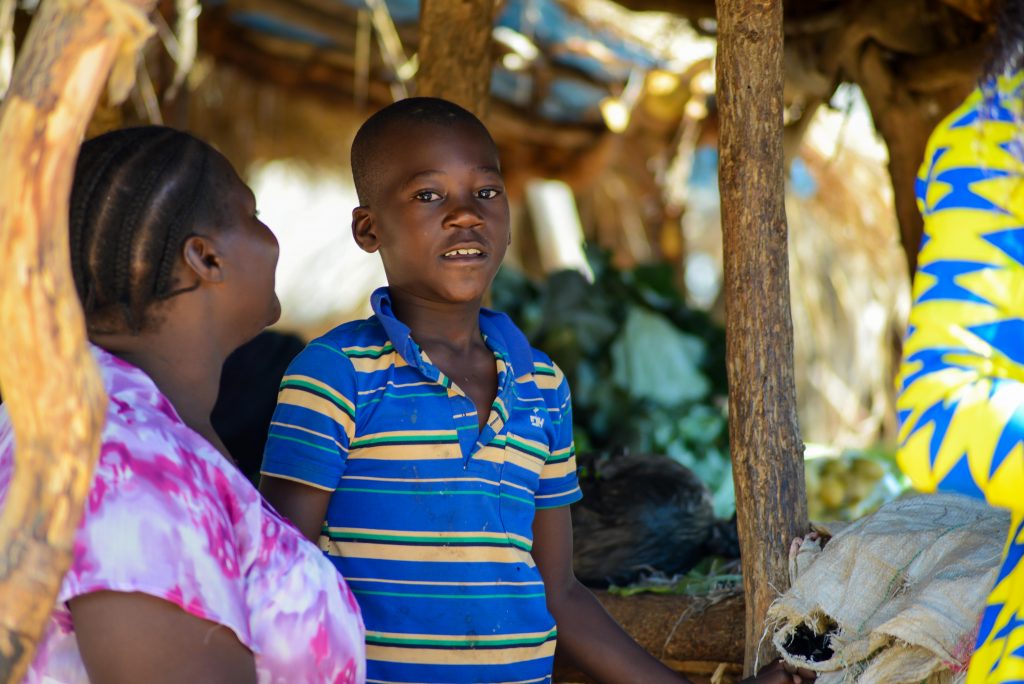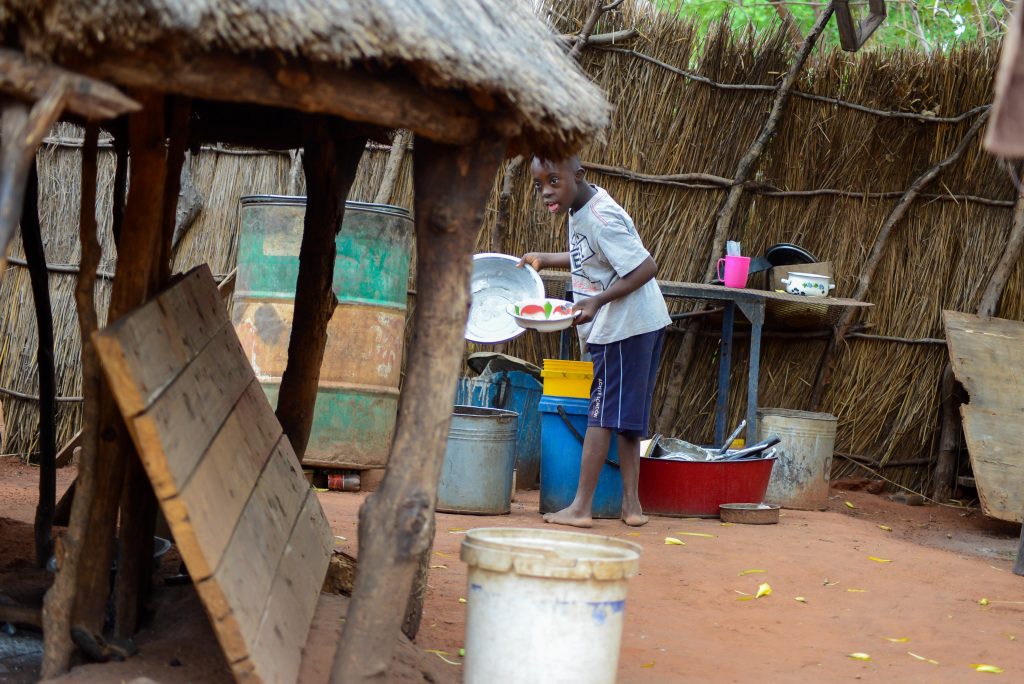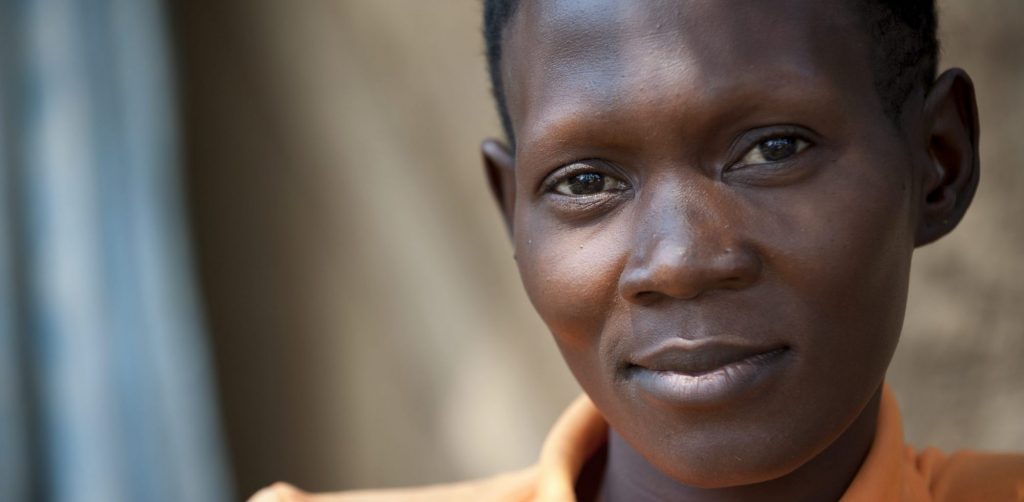Human Rights Advocacy is about persons with disabilities claiming their rights and place in society, valued as equal, contributing members of their families and communities.
We support this by empowering the Zambia Federation of Disability Organisations (ZAFOD) and its member organisations, and by building alliances with civil society, non-governmental organisations and local governments. NAD promotes a people-centred Community Based Inclusive Development (CBID) approach that responds to the specific individual needs and aspirations of each person.
We believe strong and representative Disabled People’s Organisations (DPOs) are key to achieving the fulfilment of rights of persons with disabilities. Strong DPOs are therefore a goal and a means to an end.
NAD has supported Human Rights Advocacy programmes in Zambia since 2009.
Disability Rights in Zambia
While Zambia signed the Convention on the Rights of Persons with Disabilities (CRPD) in 2008, ratified it in 2010 and domesticated it in 2012, persons with disabilities are still far from achieving access to education, employment, and health and social services on an equal basis with others within their own communities.
Local disability legislation inspired by the CRPD lacks mainstreaming into other existing laws, such as the labour laws and the Education Act. Specific clauses are needed in existing laws to protect the rights of persons with disabilities in all aspects of life.
Moreover, Zambia has not yet ratified the Optional protocol, depriving persons with disabilities the right to report violations of their rights at international level.

Advocating for human rights
The programme strengthens the capacity of persons with disabilities and their organisations in Human Rights Advocacy, on how to access government programmes, as well as on the use of the CRPD, the Sustainable Development Goals (SDGs), and other key human rights instruments for influencing policy.
The Human Rights Advocacy programme additionally builds the capacity of government and non-governmental actors. Together with our DPO partners, we advocate for disability inclusion in governmental decision-making processes at all levels, reminding the government of its obligations under domestic and international law.
Our Community Based Inclusive Development (CBID) work is implemented by a network of social workers, volunteers, community members, persons with disabilities and family members, who mobilise resources and support within the community to develop a disability inclusive society.
The approach embraces all disabilities and age groups, and it attempts to respond to the specific individual needs and aspirations of persons with disabilities and their families.

The CBR matrix
Learn more about the CBR matrix and how the elements of the matrix are connected together in the video below.
Main achievements in Zambia
Some of the main achievements of our Human Rights Advocacy work and partnerships are:
- Since 2010, DPOs have been demanding for more accurate data on the prevalence of disability in Zambia. In 2015, the National Disability Survey estimated that 7.7% of the population had a disability.
- The Inclusion Manual developed by Disability Rights Watch (DRW) in 2015, with funding from NAD, has enhanced the hands-on skills for persons with disabilities and their organisations to self-advocate and demand for rights based, inclusive development in Zambia.
- Disability Rights Watch has trained 51 paralegals and helped provide paralegal services in rural and urban Zambia to persons with disabilities.
- Disability Rights Watch has successfully lobbied for the enactment of the paralegal bill in Zambia. With the Act in place, paralegal training at community and national level has been implemented, with paralegal officers now being recognized by courts of law in Zambia.
- NAD, ZAFOD, DRW and CBM disability were invited by the Zambian government to co-facilitate the 2020 Disability National Symposium, which had attendance by most umbrella DPOs, government officers from social sectors as well as the Minister and Permanent Secretary of Ministry of Community Development and Social Services (MCDSS).
- At the end of the Disability National Symposium, a communique was issued, demanding that government commit to develop and implement inclusive policies, legislation and interventions that benefit persons with disabilities, their families and organisations.
- In July 2020, DPOs and civil society submitted a shadow report on the CRPD containing in-depth collection of data from all provinces.
- The new Mental Health Act no. 6 of 2019 came into being after DPOs initiated litigation and engaged in a four year long strategic advocacy for the repeal of the Mental Disorder Act no. 21 of 1949.

